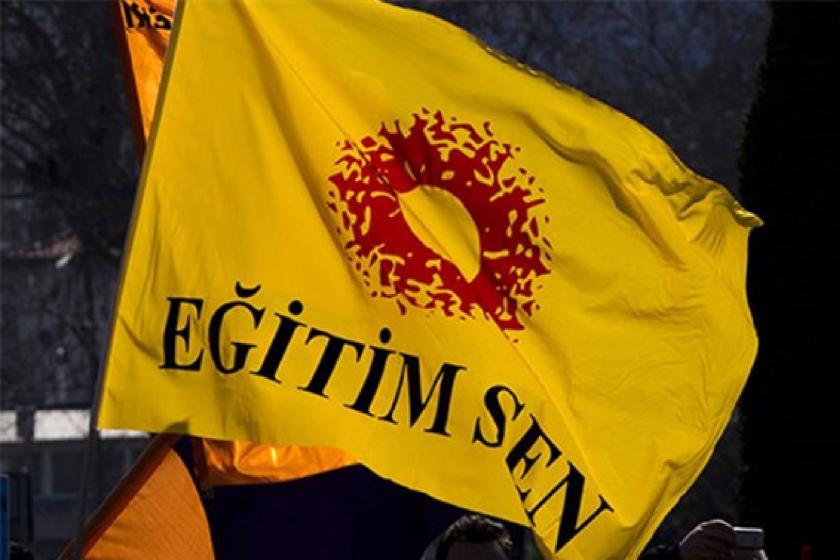Minister Yusuf Tekin unveils ‘Turkey Century Education Model’ amidst scrutiny over its ideological underpinnings
In a move that has ignited widespread debate, Minister of National Education Yusuf Tekin has introduced a new educational curriculum titled the ‘Turkey Century Education Model’. This announcement comes amid criticism from various quarters regarding its content and approach, with detractors alleging a tilt towards religious and authoritarian ideologies.
The new curriculum, slated to be open for public feedback for nine days under the name ‘Turkey Century Maarif Model’, has already drawn sharp criticism. Critics argue that the curriculum reflects a market-oriented and reactionary approach that has characterised the AKP government’s educational policies. This marks the fourth major overhaul of the curriculum under the current administration, which has been accused of reshaping education without achieving its intended goals.
Adnan Gümüş, a columnist and faculty member at Çukurova University, has been vocal in his critique, highlighting what he describes as a fundamental flaw in the curriculum’s philosophy. Gümüş points out that the curriculum emphasizes religious values, particularly Sunni Islam, over a comprehensive educational framework. He criticizes the curriculum for dictating religious identity and values to children instead of focusing on their holistic development.
Gümüş further contends that the curriculum’s emphasis on ‘virtue-value-action’ perpetuates a religious agenda that undermines modern educational principles. He raises concerns over the curriculum’s potential to stifle intellectual freedom by prioritizing religious and moral teachings over scientific inquiry and critical thinking.
Moreover, critics have pointed out discrepancies in the government’s claims about the curriculum’s development process. Gümüş challenges the Ministry’s assertion that the curriculum was developed in consultation with a broad spectrum of stakeholders, including universities and educators. He argues that the curriculum lacks scientific rigor and fails to address the educational needs of students, teachers, and parents.
The introduction of the ‘Turkey Century Maarif Model’ comes against a backdrop of ongoing reforms in Turkey’s educational system, which has seen multiple changes in entrance exams and school policies under the AKP’s tenure. Critics argue that these reforms have not adequately addressed the core challenges facing education in Turkey, including teacher shortages and disparities in educational access.
As the new curriculum undergoes public scrutiny, questions remain about its implementation timeline and the readiness of schools and educators to adopt its provisions. Critics fear that rushed implementation could further exacerbate existing challenges in the education system, leaving students and teachers unprepared for the changes.
In conclusion, the unveiling of the ‘Turkey Century Maarif Model’ has sparked intense debate over the future direction of education in Turkey. While proponents see it as a step towards reinforcing national and spiritual values, critics argue that it risks marginalizing scientific inquiry and stifling academic freedom. The coming months are likely to see continued discourse and deliberation over the merits and implications of the new educational framework.


